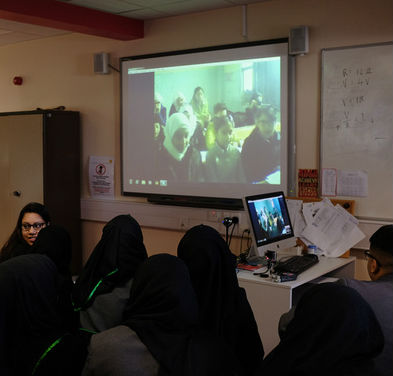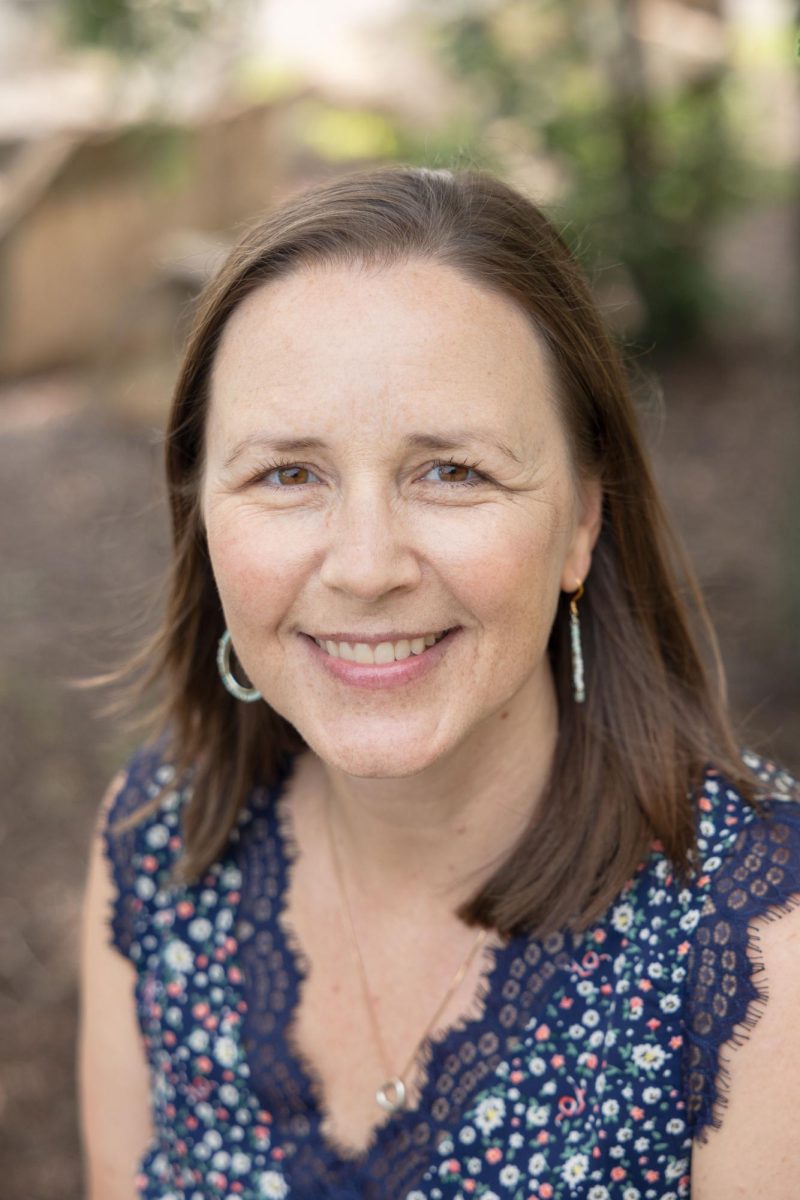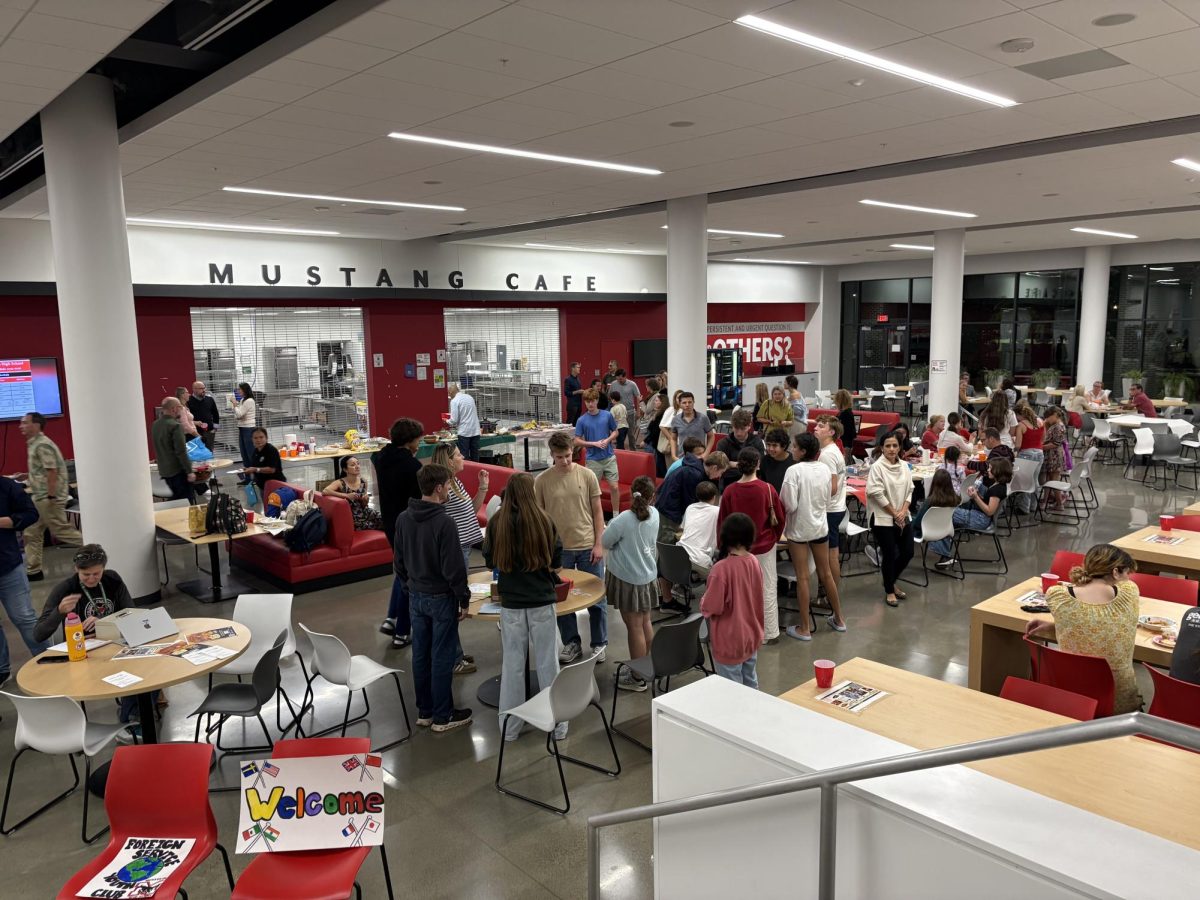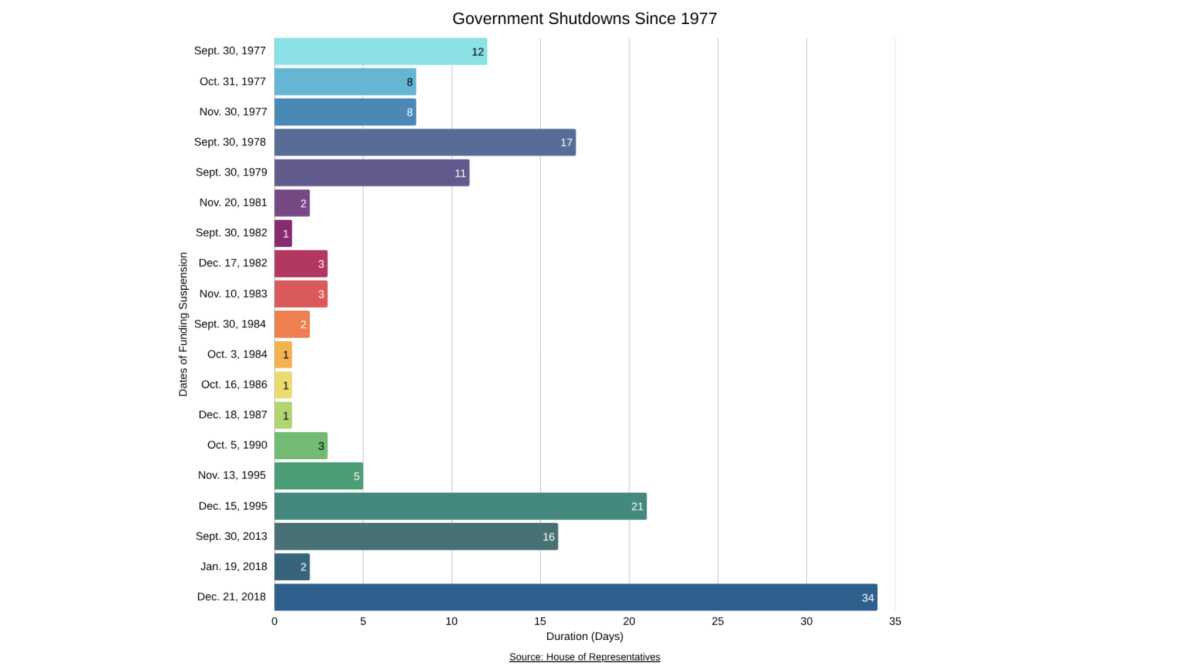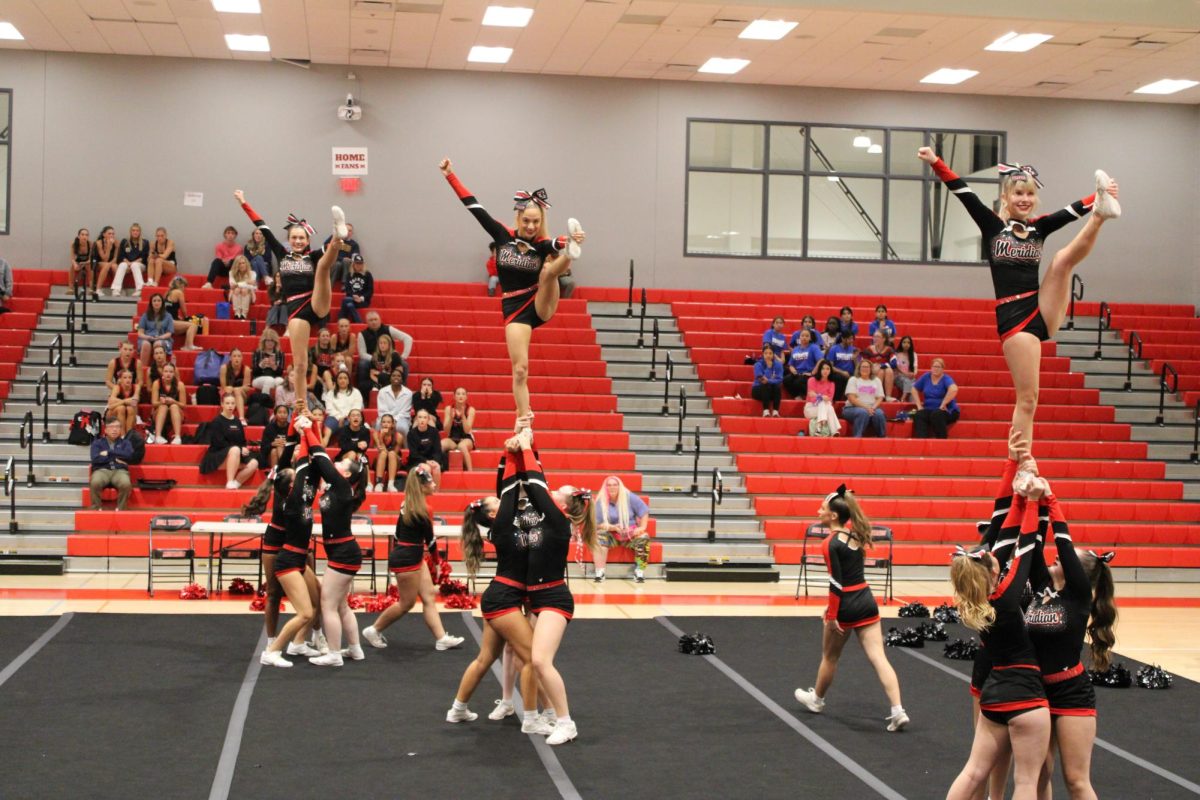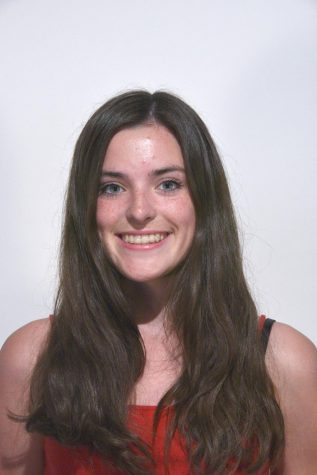“Science classrooms can go and watch somebody descend into a crevasse – this is how they are connecting humanities classrooms, social studies classrooms, to other classrooms that would talk about humanities,” social studies teacher Ms. Rebecca Eisenberg said.
At Mason, Eisenberg is organizing the My Voice, My School program for students to Skype with Palestinian refugees living in a refugee camp in Lebanon.
My Voice, My School is a program that allows schools to communicate and learn from around the world virtually. Schools in the United States, Germany, England, and other countries use Skype to gain perspective of the topics they study in the classroom every day.
Since the Palestinian students live in a refugee camp, access to computers is essentially non-existent. The refugee students participating have to travel to a communication center run by the United Nations. Getting to experience this unique encounter is very difficult for these students.
“They go to this United Nations center to access the computers, but the tricky thing is that they have to go through checkpoints,” Eisenberg said. “So, we’ve had this scheduled for weeks because they have to get all the proper paperwork and all of the greenlights to be able to do this.”
This is a ten lesson program. For the first two sessions, Mason students discuss the importance of education and then prepare for the Skype sessions. For the first of three Skype sessions, the students just get to know each other. In the remaining sessions, the students talk amongst themselves and over Skype about how they can help and get involved.
“What we are going to start working on through lessons and through Skype sessions is advocacy projects for one another,” Eisenberg said.
Freshman Ciara Curtin, who participated in the November 9 session, said this was a very important experience for the students at George Mason.
“It’s important for us to make these sort of relationships and create unity throughout our school system, and hopefully globally, and I think this is a project that this organization is definitely trying to accomplish that with,” Curtain said.
Eisenberg hopes that students gain perspective from this project and can identify with these students, who are also teenagers in high school.
“I think that they’re getting a lot of perspective, global perspective, on their educational experience and what it’s like to get an education in other places in the world. That’s kind of the one thing that we all share – working in high schools or being in high school. It’s that experience of being in school. They’ll get to compare notes,” Eisenberg said.



